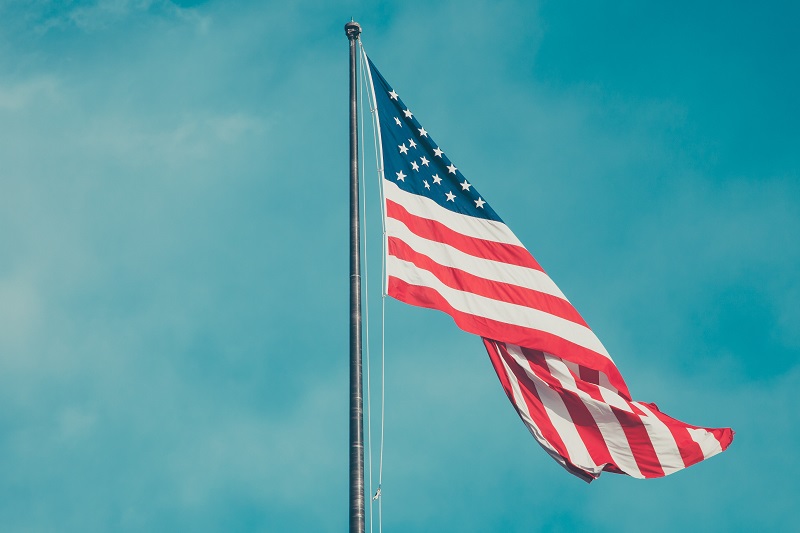Americans are unlikely to trust feds with personal info, Harris Poll shows
![]() It seems that lately, privacy and personal data have been permanent fixtures in the news cycle. Between revelations of government snooping, consumer data breaches, and social media experiments, it can be tough to trust anyone with your personal information these days. In fact, only four in 10 American adults (40%) trust the federal government to handle personal information confidentially and securely, while six in 10 (60%) don’t trust it.
It seems that lately, privacy and personal data have been permanent fixtures in the news cycle. Between revelations of government snooping, consumer data breaches, and social media experiments, it can be tough to trust anyone with your personal information these days. In fact, only four in 10 American adults (40%) trust the federal government to handle personal information confidentially and securely, while six in 10 (60%) don’t trust it.
This mistrust, which rose by six percentage points from 2009 (46%) to 2013 (52%), has grown by an additional eight percentage points in just the past year, says a Harris Poll news release issued on August 7. Americans have also grown more mistrustful of state and local governments in this regard (from 44% in 2009 to 48% in 2013 and 54% in 2014).
So, who do Americans trust to properly handle this type of information? Majorities trust health providers (76%), major online retailers (70%), banks/brokerage companies (65%), small/local brick and mortar retailers (64%), chain/big box brick and mortar retailers (59%) and small and/or independent online retailers (52%) to handle personal information in a properly confidential and secure manner. Trust in social networking sites (26%), in turn, lags well behind the level of trust observed for the federal government.
These are some of the results of The Harris Poll of 2,306 U.S. adults surveyed online from July 16 to 21, 2014.
Suspicious minds — some more than others
Americans’ attitudes toward the government tend to fluctuate greatly along political lines, and this issue is no different: majorities of Republicans and Independents don’t trust either the federal government (71% Republicans, 66% Independents) or state and local governments (60% and 61%, respectively) to handle their personally identified information in a properly confidential and secure manner. On the other hand, majorities of Democrats do trust both the federal government (56%) and state/local governments (60%) to do so.
Millennials are significantly more likely than their elders to trust both the federal government (47% Millennials vs. 38% Gen Xers, 37% Baby Boomers and 32% Matures) and state/local governments (52% vs. 40%, 44% and 41%, respectively) to handle their personal info confidentially and securely; the same holds true for social networking sites (37% vs. 26%, 20% and 13%, respectively). On the other end of the age spectrum, Matures are more likely than their younger counterparts to have this sort of trust in banks and brokerage companies (78%, vs. 66% Baby Boomers, 60% Gen Xers and 63% Millennials), though it should be noted that a strong majority of Americans do trust such institutions across generational lines.
Threat assessments
As seen in 2013, the vast majority of Americans — nearly nine in 10 (88% in both 2013 and 2014) — see cyber-criminals as a threat to their privacy, making this group the top perceived threat among all those tested. Social networking sites continue to be the next strongest perceived threat, with three-fourths (76%, up from 70% in 2013) perceiving such sites as threats to their privacy.
Strong — and growing — majorities of Americans also feel their privacy is threatened by both government agencies (federal — 68%, up from 60%; state and local — 64%, up from 56%) and camera-equipped devices in the hands of their fellow Americans (wearable tech devices — 68%, up from 63%; phones — 67%, up from 59%). Search and portal sites round out Americans top perceived threats to their privacy (65%, up from 53%).
When asked which represents the greatest threat to their privacy — cyber-criminals, the federal government, or their fellow Americans (with access to camera-equipped devices) — over six in 10 Americans specify cyber-criminals (62%). However, three in 10 (29%) point to the federal government as the greatest threat to their privacy, with Republicans (35%) and Independents (36%) more than twice as likely as Democrats (16%) to do so.
Corporations getting mixed messages
Americans continue to show mixed attitudes in regards to corporate America’s use of access to and use of consumers’ personal info. While three-fourths (76%, in line with 75% last year) believe that consumers have lost all control over how personal information is collected and used by companies, seven in 10 (71%, up from 64%) believe that most businesses handle the personal information they collect about consumers in a proper and confidential way. Over half (54%, up from 49%) believe that existing laws and organizational practices provide a reasonable level of protection for consumer privacy today.
Consumer caution
Four in 10 Americans (40%) indicate that they’re making more purchases with cash due to being worried about credit card/ID theft, with Millennials and Gen Xers showing especially strong likelihoods to agree with this sentiment (45% each, vs. 37% Baby Boomers and 29% Matures). Additionally, over a third of Americans (36%) say they’re shopping online less due to security concerns.







